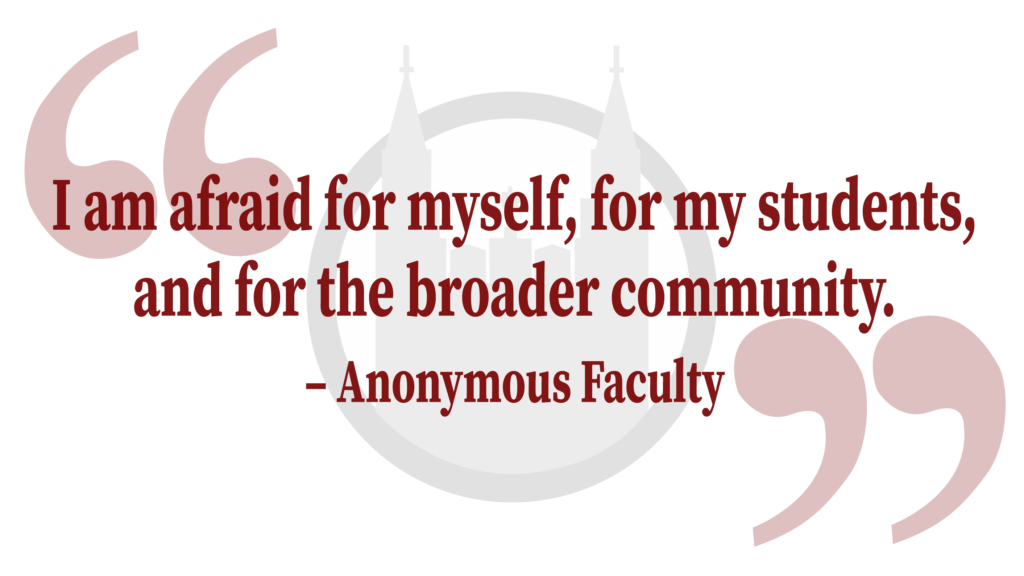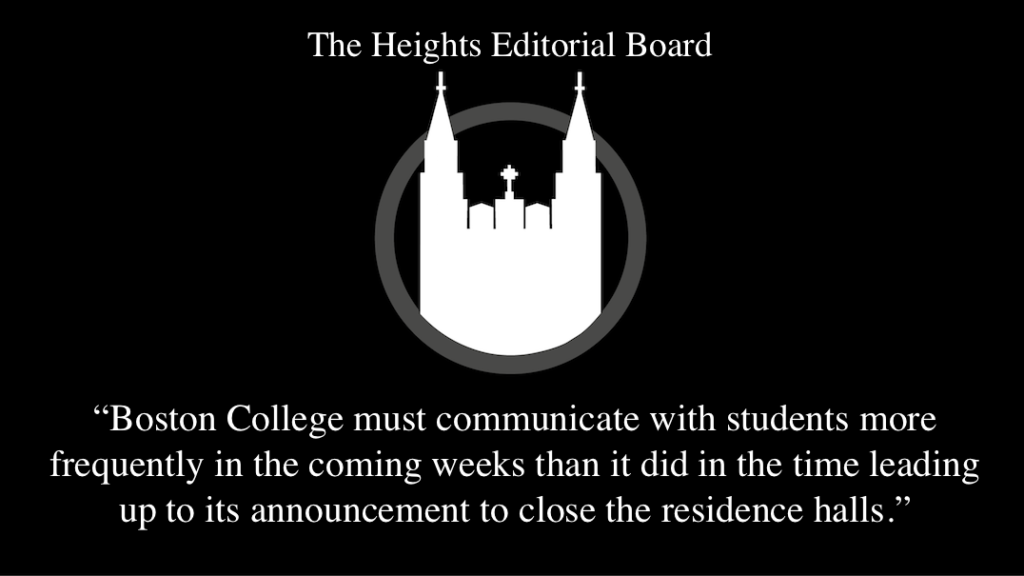After a year of resisting my friends’ requests to start watching the series, and constantly scrolling past photos of the main characters on Tumblr, this month I finally caved and started watching The 100. Immediately after I started the first season, I came down with a terrible sinus infection, leaving me with no choice but to binge-watch the two seasons available on Netflix and download the iTunes season pass for the third season currently airing. I was on bed rest—I really didn’t have a choice.
While I started watching The 100 simply for the plot, I was struck by the progressive nature of the show concerning its characters sexualities. The main character of the series, Clarke Griffin, has a variety of love affairs with both males and females, yet her sexuality is never even addressed as significant—and in the post-apocalyptic version of Earth her people inhabit, there’s no need for it to be discussed. Prejudices are set aside as the human race struggles to survive in this hostile environment, and as Clarke and a slew of other LGBT characters find love, their choices of partners are considered unquestionably valid.
Now, queer representation isn’t necessarily the problem in modern television—it’s the reduction of queer characters to only their sexuality. Glee’s Kurt Hummel, played by Chris Colfer, served as a perfect example. Every episode central to his personal plotlines revolved around his sexuality in some fashion, stressing either his love life, his strained relationship with his father, or the bullying he faced as a result of being gay. While other characters did have similar concerns with relationships—it is a high-school drama, after all—at least some episodes revolved mainly around grades, sports, or other pursuits outside of glee club that had nothing to do with their sexuality whatsoever.
The 100 completely bypasses the over-involved version of queer representation for an actually realistic one, making LGBT interactions such a non-event that the viewer questions their own surprise. For two and a half seasons, The 100 garnered a huge LGBT following and was for many a sign of long-awaited progress. The show also made huge strides in promoting bisexual visibility, with a bisexual main character that has never been portrayed as “going through a phase.”
Unfortunately, The 100 is too good to be true. In the seventh episode of season three, Commander Lexa, played by Alycia Debnam-Carey, is killed by a stray bullet meant for Clarke. Lexa has been described as one of the best female characters on current television—she is incredibly brave and powerful without being unrealistically cold, and openly gay. Universally respected by her subjects, she still maintains her femininity and personal relationships in a way that is often sacrificed in order to present strong women as infallible. Lexa’s death came as a huge blow to the community watching The 100 for its portrayal of women—especially since the bullet flew in the very same episode that Clarke and Lexa finally admitted their feelings for each other and consummated their relationship.
This was especially painful for the queer community as the “lesbian death” trope becomes almost inescapable. TV and media Web sites call it the “Bury Your Gays” trope when describing the phenomena, almost always in a tone of disappointment. In modern media, LGBT characters are not allowed a happy ending, often dying immediately after pursuing an LGBT relationship or dying in a heroic sacrifice to save a straight character. The most common method of death? A stray bullet. Lexa was far from the first to suffer her fate—in Buffy the Vampire Slayer, Tara Maclay died at cause of a stray bullet, and in The Walking Dead, Alisha felt the same at the hands of a 12-year-old girl. Social media sites such as Tumblr and Reddit have exploded with recognition of this trend within the past few weeks, as Lexa’s death finally lit the waiting fuse of outrage in response to this discriminatory trope.
Seeing the writers kill Lexa in such a tragically stereotypical and borderline offensive way was awful, especially after a full season of tension between her and Clarke had finally been alleviated. Truly, it felt like a cop out—figuring out a way to maintain Lexa and Clarke’s relationship would have been incredibly complicated considering all the other running plotlines in the show, and killing Lexa was the easiest way to avoid that problem.
Yet I have to believe there was another way to solve that problem without destroying all of the progress The 100 had made within the queer community in one fell swoop. The writers got lazy and fell into an outdated trope without realizing how harmful that cliche is to the demographic it entails. Jason Rothenberg, the show’s executive producer, admitted in a statement that the episode was, “the perpetuation of the disturbing ‘Bury Your Gays’ trope.” He then apologized, saying, “our aggressive promotion of the episode, and of this relationship, only fueled a feeling of betrayal.”
While many fans packed up and quit watching after Lexa’s death, I’m still watching. Recent episodes have felt nearly apologetic—a new gay couple has been introduced, and Clarke is still in contact with Lexa’s “soul,” but I’m still disappointed. After The 100 made such strides for LGBT inclusivity and positivity, Lexa’s death destroyed the fragile progress that the show had made. Now I really am just watching for the plot, reluctantly stuck wondering what path the show will take next.
Featured Image By Alloy Entertainment



















Arrah Hed • Apr 5, 2016 at 7:43 am
Thank you for the article. I think you hit most points, the baiting along with how well this character was developed were certainly important parts. This paragraph basically touched upon the biggest point of all though.
The 100 completely bypasses the over-involved version of queer representation for an actually realistic one, making LGBT interactions such a non-event that the viewer questions their own surprise. For two and a half seasons, The 100 garnered a huge LGBT following and was for many a sign of long-awaited progress. The show also made huge strides in promoting bisexual visibility, with a bisexual main character that has never been portrayed as “going through a phase.”
We thought that finally we were going to be treated right, most of us saw a future in which our stories were important enough to be featured next to their straight cast mates. A future in which the lead kissing her wife goodbye before running of to safe the world wouldn’t be special but regarded in the same way the male lead kissing his wife would be. That hope got squashed and I think you slightly touched upon that. Which I haven’t seen many articles do, given this case is rather complex and I think a lot of PR and media classes will use this as a reaching tool in the future because there is so much to analyse
ejzg • Apr 4, 2016 at 5:17 pm
Thanks for writing this and sharing.
A couple of issues, Alisha from TWD was not killed by a stray bullet. Kurt’s (Glee) relationship with his father was largely supportive, not strained.
Nick M • Apr 4, 2016 at 4:35 pm
Another big issue was the amount of queer baiting done to get the lgbt community to tune in and watch the show. There was constant promotion of Clarke and Lexa’s relationship even after the writers knew that Lexa was dead. The death of Lexa had major repercussions for some people who saw her as a beacon of hope. Many lgbt youth do not have anywhere to look for support other than tv and the death of Lexa took away the hope that many people had and had an awful effect on them mentally
maria a • Apr 4, 2016 at 12:34 pm
yeah, keep in mind that this is not the only problem with this show, they will also redeem bellamy (who murdered, along with pike, 300 sleeping warriors) and treats poc terribly